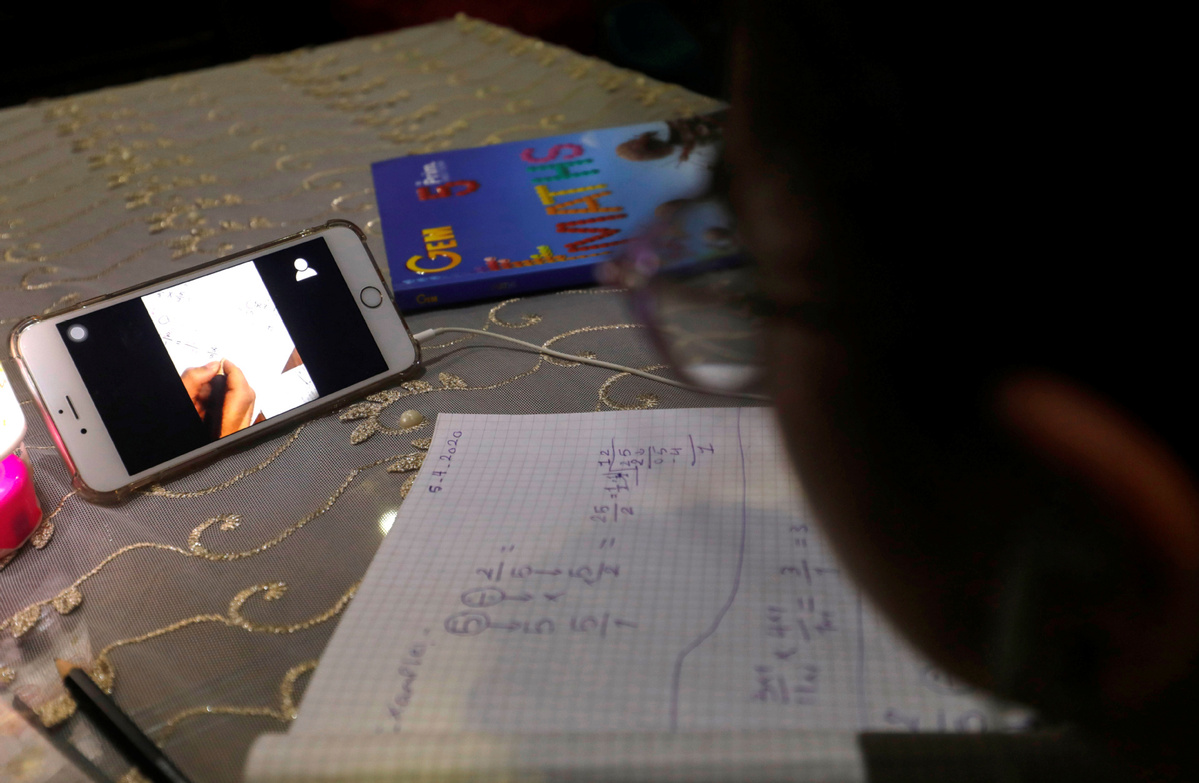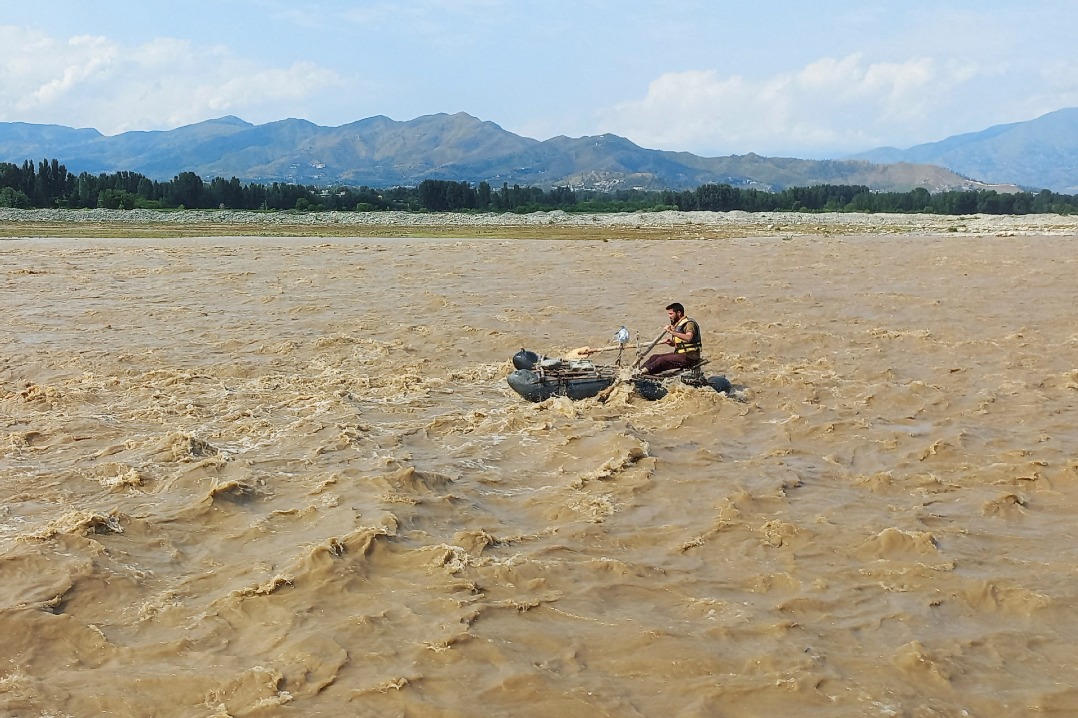Coronavirus triggers growth in Africa's tech sector


While the coronavirus has interrupted the normal way of life, the pandemic has created a massive opportunity for the growth of the information and communications technology sector, or ICT, across Africa.
Digital technologies have consequently transformed the commerce and health sectors, as people opt for cashless payment systems while both the government and the private sector have invested in innovations to curb the spread of coronavirus.
Mobile phone-enabled solutions have expanded access to financial services to many people who are now exchanging money in digital form.
Abigail Wayua from Kenya's Machakos County said she only uses mobile phone payments whenever she's gone shopping since the onset of the pandemic, and has come to appreciate the mode of payment.
"I usually transfer money from my bank account to the M-Pesa account. I wish all the shops could embrace mobile phone payment because in addition to being hygienic, it's safe and convenient," she said.
To encourage more people to use cashless payments, Safaricom, the leading telecoms operator in Kenya, waived transaction fees on M-Pesa for transfers under $10, while Airtel, another provider, waived charges on all payments through its Airtel Money.
Telecom companies across Africa have reported increased mobile phone data usage as people continue to work from home, increased webinar meetings, streaming of movies and increased usage of media sites like Facebook, WhatsApp and Twitter.
In April, Safaricom recorded a 70 percent surge in home data consumption, and a 35 percent increase in mobile data usage. The company's traffic on streaming site Netflix grew fourfold, from 15 to 60 billion bits per second.
In addition to payment systems, many innovations ranging from interactive public transport contact tracing apps and dynamic data analytics systems to rapid diagnostic testing kits, mobile testing booths and low-cost critical care beds, have been developed in the continent to help curb the spread of the virus.
With the time frame for the coronavirus pandemic in the continent remaining uncertain, many schools and universities, especially privately owned ones, are moving their teaching to e-learning. This has come with heavy investments.
The government of Kenya recently announced it will hire 10,000 teachers and 1,000 ICT interns to support digital learning.
In a recently held webinar organized by the United Nations Economic Commission for Africa, ICT experts said the pandemic has heightened the need for increased investment in ICT infrastructure, policies and solutions as well as to accelerate their efforts in tapping into the new possibilities unlocked by digitalization.
Hossam Elgamal, the chairman of African ICT Alliance, said there is a need to put in place policies that would govern digital transformation.
This is in addition to ensuring the full potential of digital technologies is realized by governments, the private sector and other stakeholders while mitigating the associated risks and addressing the challenges of data security.
Olusegun Olugbile, the president of Global Network for Cybersolution, urged governments to develop an African data governance framework where all ICT stakeholders would agree to take control of their future through securing data, avoiding "data colonization" and be able to negotiate better deals and create jobs.
Jean-Paul Adam, director of Climate Change, Natural Resource Management and Technology at the UN Economic Commission for Africa, said African countries should address all vulnerabilities hampering digital transformation, such as the high cost of internet and issues related to inadequate bandwidth.
In the first quarter of 2020, internet penetration in Africa stood at 39.3 percent compared to a world average of 58.8 percent, according to the Internet World Stats.
Margaret Nzeu, who was forced by the restricted movement to work from her rural home in Kenya's Kitui County, said poor internet connectivity has been her biggest challenge.
"I have to move from place to place looking for strong internet connectivity. The government in partnership with telecom companies should facilitate internet connectivity to the last mile," Nzeu said.

































